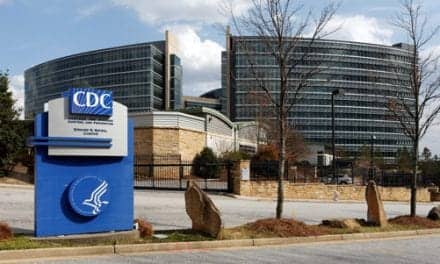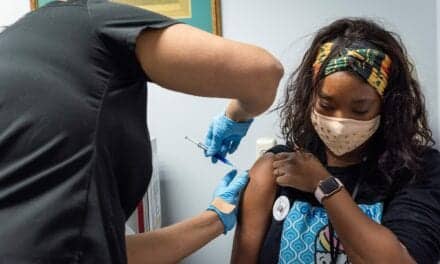
Sponsored by the National Institute of Allergy and Infectious Diseases (NIAID), part of the US National Institutes of Health (NIH), the study will assess the early bacterial activity (EBA) from day 0 to day 14. According to the NIH, the duration of drug treatment is limited to 14 days because of the potential risk of drug resistance emerging in TB patients receiving a single drug for a prolonged period of time.
A total of 75 subjects with newly diagnosed sputum smear positive pulmonary TB
will be enrolled; 15 will be randomized to one of five study groups, each with 15 participants. In four groups, all participants will receive a 14-day regimen of the experimental drug, but at different dosages and frequencies: 500 mg once daily; 500 mg twice daily; 800 mg twice daily; and 1,200 mg twice daily. The fifth group will receive standard treatment with Rifafour. After the 14-day study, all participants will receive standard TB drugs to treat their disease.
Sputum samples will be examined daily to determine whether the investigational drug is reducing their TB bacteria counts and, if so, to what extent.
“New, simplified treatments that cure TB infection more quickly are desperately needed,” said NIAID Director Anthony S. Fauci, MD. “It has been nearly 50 years since a new drug specifically developed for TB was licensed. This is a relatively small study, but we hope it yields insights into whether this investigational drug shows promise in people who are newly diagnosed with TB, as laboratory and earlier clinical safety trials indicate it might.”








